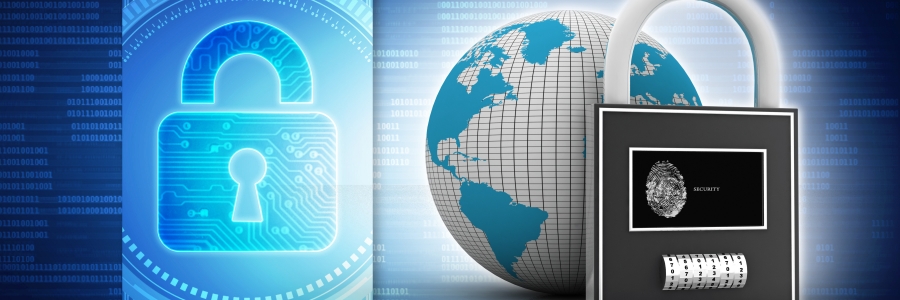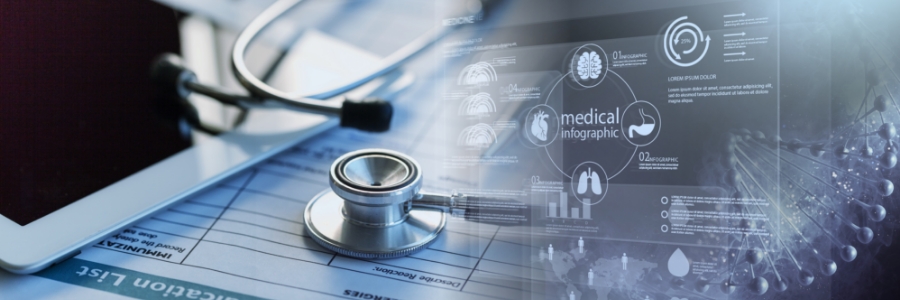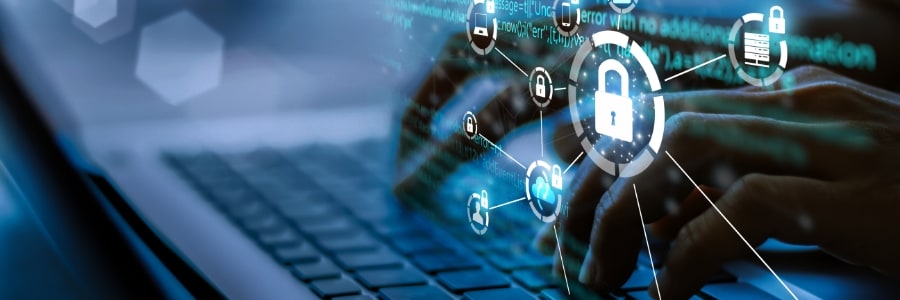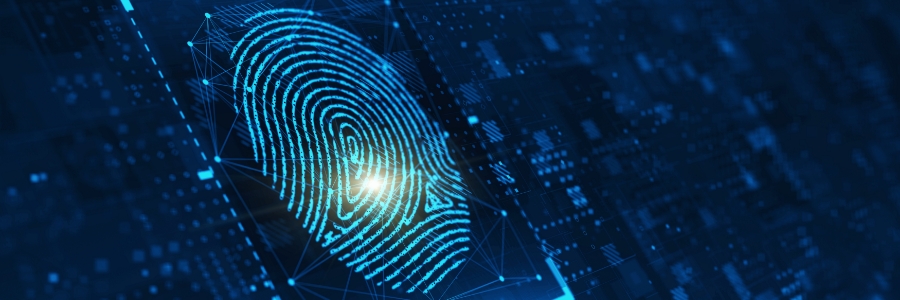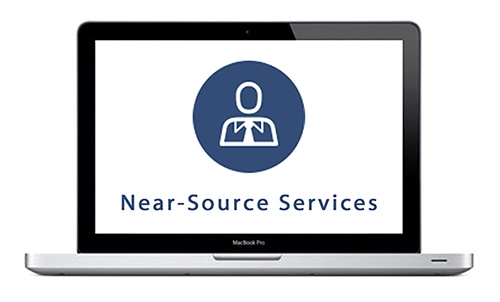Small and medium-sized businesses (SMBs) often face challenges in protecting their IT systems from cyberattacks. One of the most important steps that SMBs can take to solve such issues is to be aware of the most common ways their systems can be breached.
Protecting your SMB from cyberattacks: Know your enemy
Uncovering the risks of password autofill
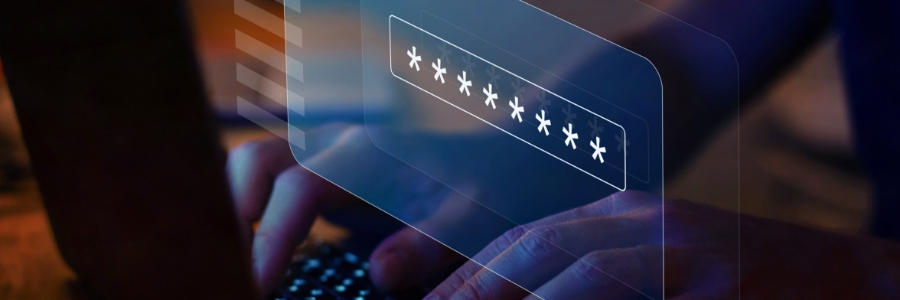
Convenience reigns supreme in the digital age, and password autofill is a major part of that. But what many people don't realize is that using this feature can actually put their personal data at risk. By understanding why password autofill is so dangerous, you can take steps to safeguard your sensitive information from malicious hackers.
VPN: Why it’s important and how to pick one
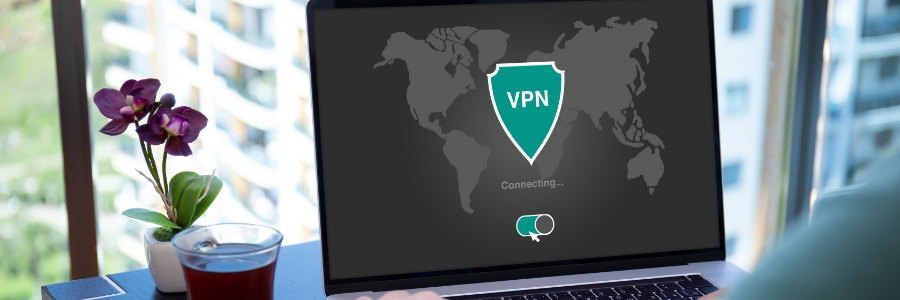
In the past, having an antivirus program was enough to keep you protected while surfing online. However, that's no longer the case today. To keep your online activity private from third-party businesses and prevent hackers from intercepting your data, you need to invest in a virtual private network (VPN).
What is a VPN?
A VPN creates an encrypted tunnel between your device and the internet, keeping you safe from hackers looking to intercept your data and any third parties that want to monitor your online activities.
Keeping PHI safe from cybercriminals
How to stay HIPAA-compliant on social media
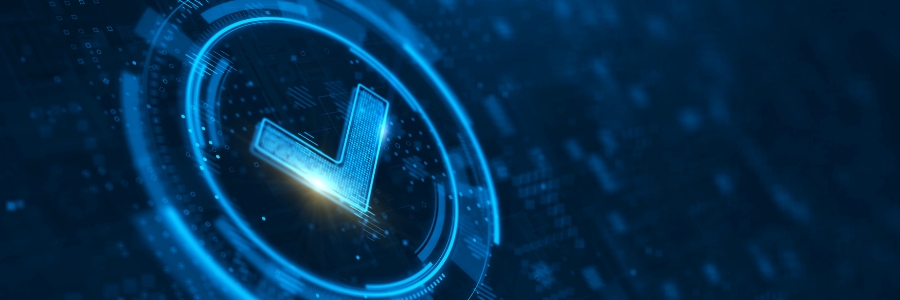
Social media networks can be used by healthcare organizations to advertise their services as well as communicate with patients and get them more involved in their own healthcare. However, there’s always a risk that Health Insurance Portability and Accountability Act (HIPAA) rules and patient privacy will be violated on social media networks.
How to secure your personal information on Facebook and Twitter
Windows Hello makes logging in hassle-free
Turn off these Windows 11 settings to protect your privacy
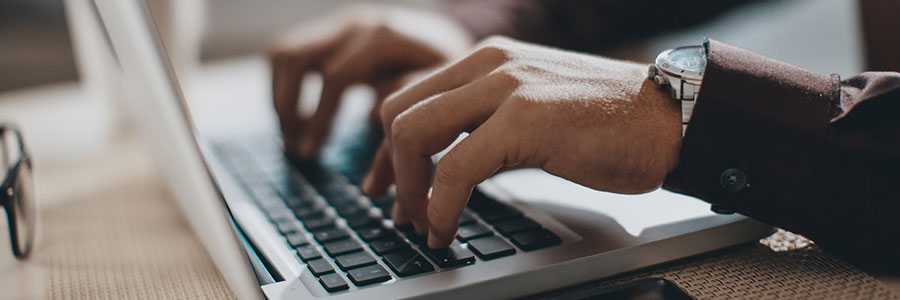
Windows 11 helps users by giving useful suggestions as they type and by displaying ads based on their online searches. But these can feel invasive, especially if you don’t want anyone prying into your online activity. To ensure your privacy and keep Microsoft’s watchful eye off your computer activity, follow these tips.
Why password autofill is risky
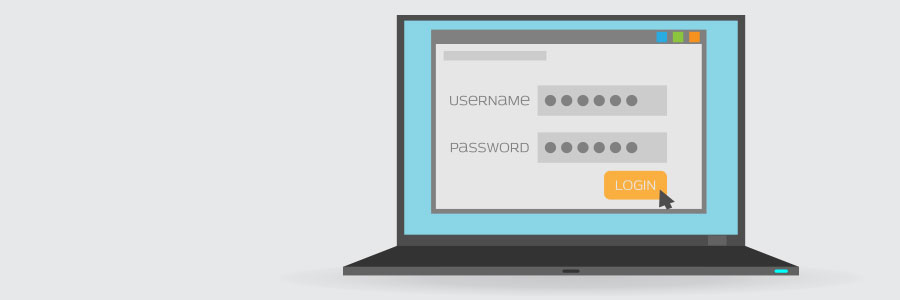
Many people use password autofill on their web browser or password manager for convenience. The feature, however, can be used by hackers and advertisers to access user accounts and gather your sensitive information without your consent.
Why password autofill is so dangerous
Modern web browsers and password managers have a feature that enables usernames and passwords to be automatically entered into a web form.
Why you need a VPN and how to choose the right one
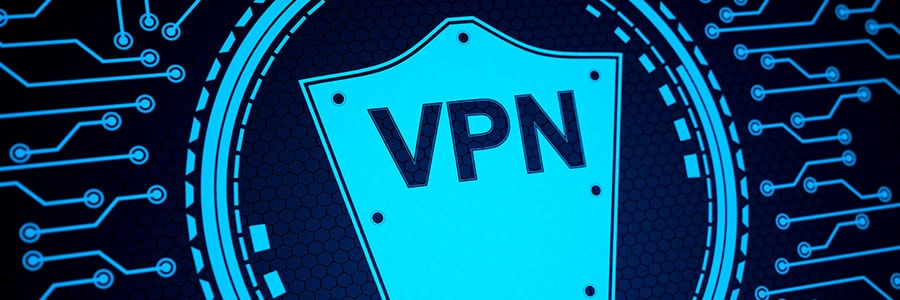
Today, just installing anti-malware software and a firewall on your computer isn’t enough to keep you safe as you use the internet. Nowadays, a hacker can intercept messages sent to and from your computer and steal the data they contain. This is why you need a virtual private network (VPN).
What is a VPN?
A VPN creates a secure tunnel between your device and the websites you visit, protecting you from hackers looking to intercept your data.

